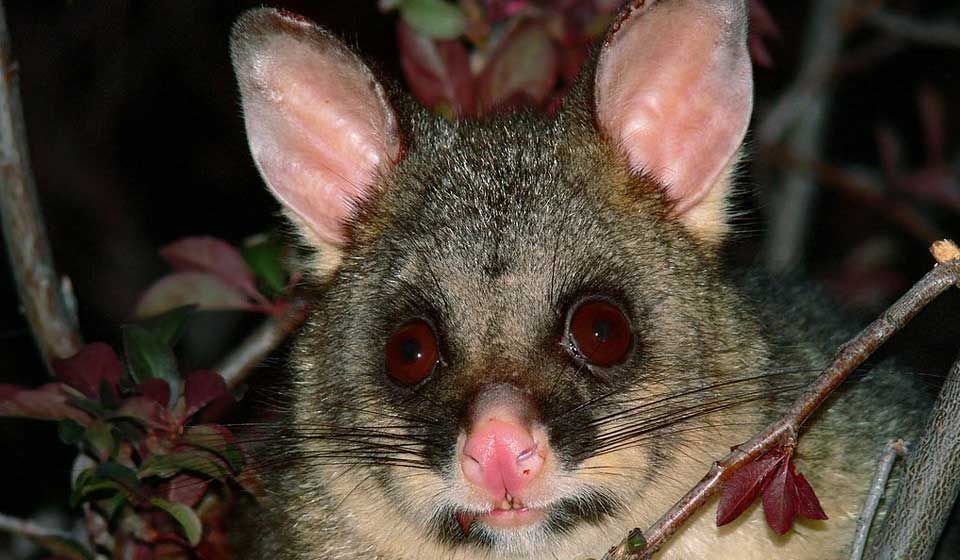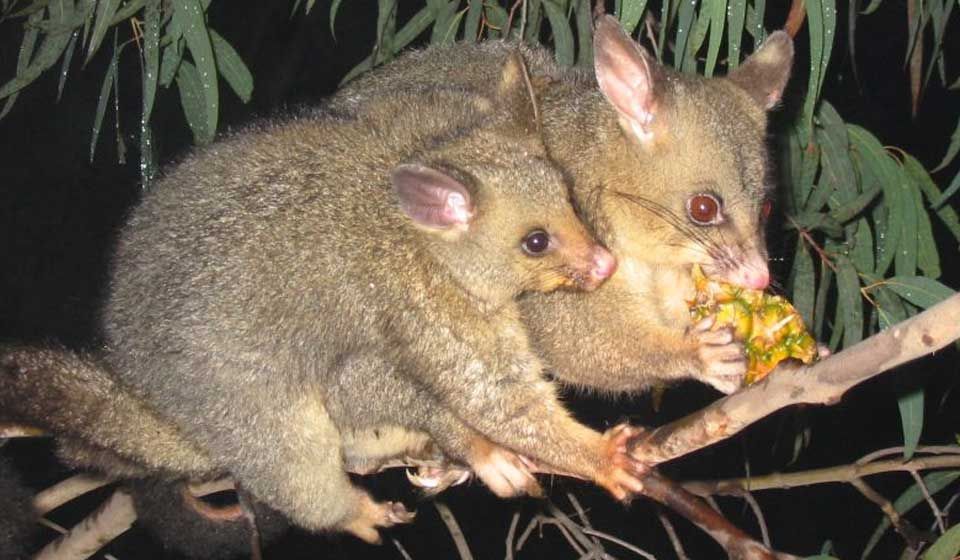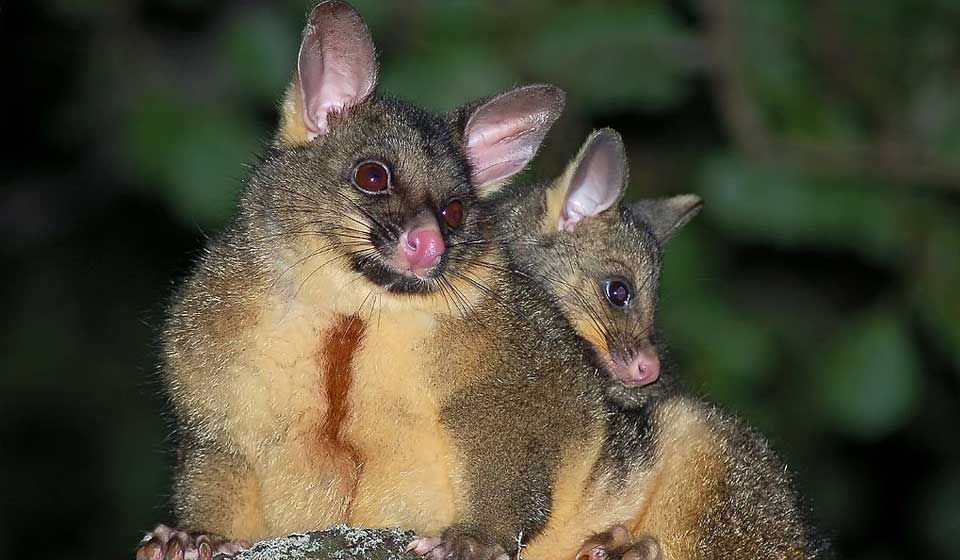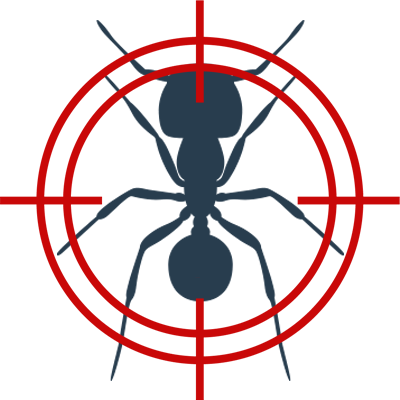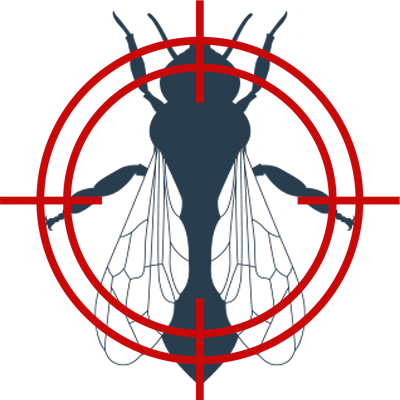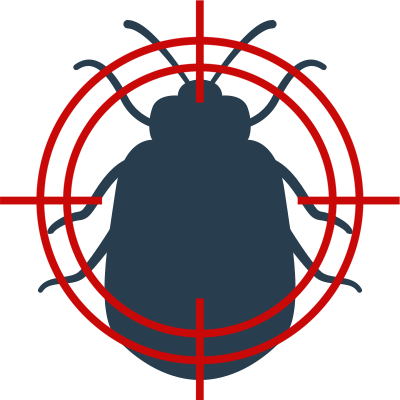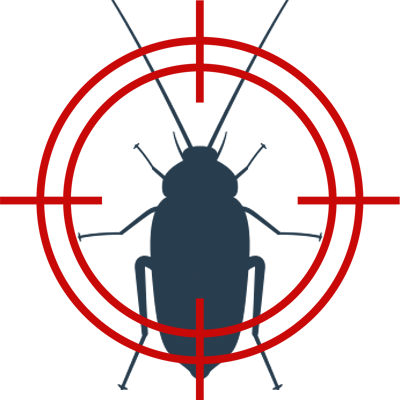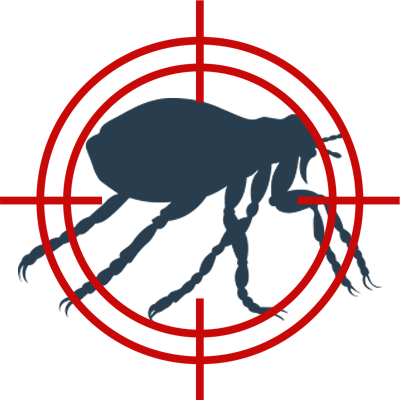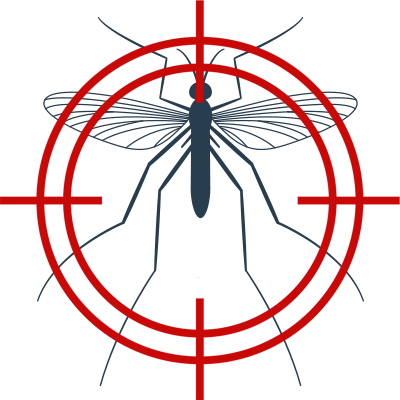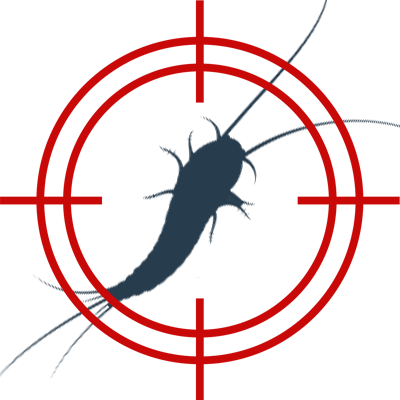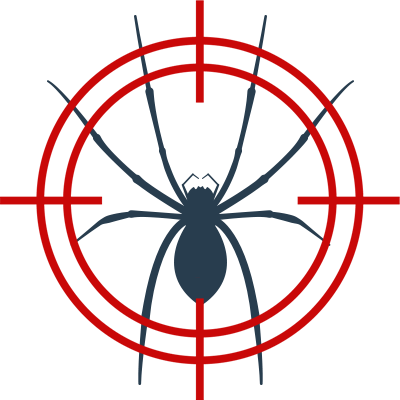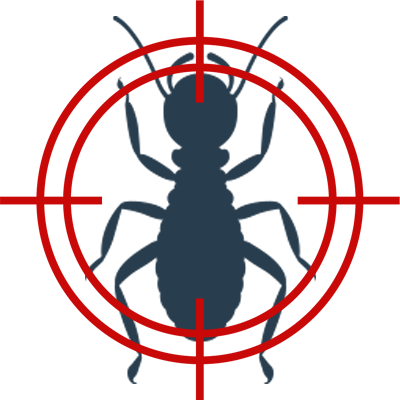
Possums
While possums are native to Australia and a protected species, living with possums in your roof can be frustrating. Possums have been known to chew through electrical wire and timber, causing great expense, while their droppings and urine can present a health risk.
Possum identification
Brush-tailed possums are about as big as domestic cats, and have a pointed snout, pink nose, long whiskers and large ears. They also have sharp claws, which they use to climb trees and comb their fur.
Possums are a protected species, and only possum catchers with the correct wildlife permits are permitted to use possum traps, and then they must release the possum nearby within a specified area.
Except when breeding, brush-tailed possums tend to lead a solitary life. They stick to their 'home range', which they mark out by coating tree branches with a scent released from glands on their chests. If two possums meet at night they try to avoid each other - fights between adult possums are rare, although they may make threatening noises towards each other. Young possums may be attacked if they try to take over an adult's range.
In the bush, brush-tailed possums feed on leaves, buds, flowers and fruits. They have strong teeth and often use their front paws to hold their food while eating.
Brush-tailed possums are marsupials, and their young are usually born in May and June after a gestation period of 17 days (humans have a gestation period of nine months). The newborn possum finds its way to the mother's pouch and attaches itself to a teat.
After feeding and growing for about five months in the pouch, the young possum spends another two months clinging to its mother's back as she moves about. Usually only one young is born at a time, and males do not take part in looking after the young.
By the time they are seven months old, the young possums are independent of their mothers. They are fully grown by about 10 months, and the females will usually start to breed for the first time when they reach 12 months of age.
Why call in a professional pest controller for your possum control?
Possums are a protected species therefore cannot be harmed and require special removal. They are territorial animals and will die if taken outside of their territory. It is against the law to remove a possum from a tree/its habitat and as such we can only remove if the possum is inside your roof . Aerobeam Professional Pest Management licensed technicians understand the legal requirements for humane possum removal.
